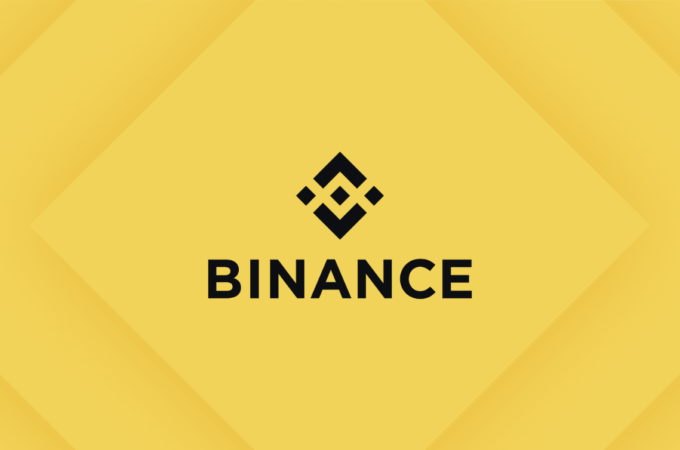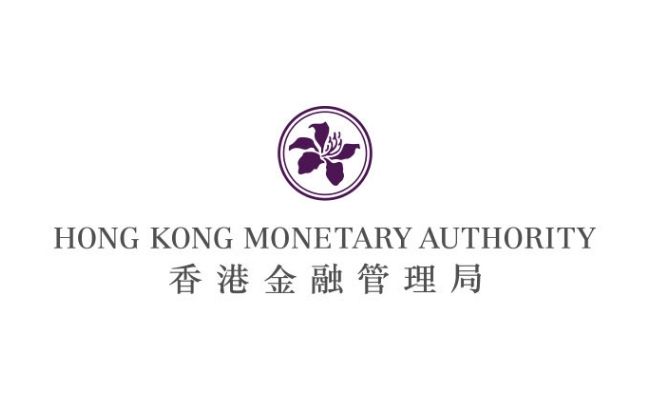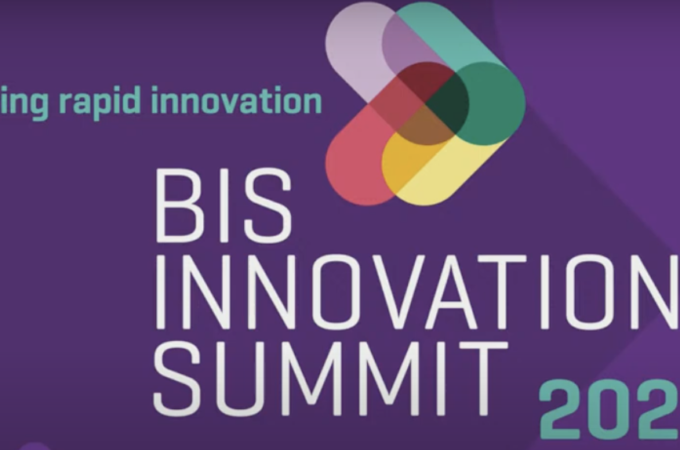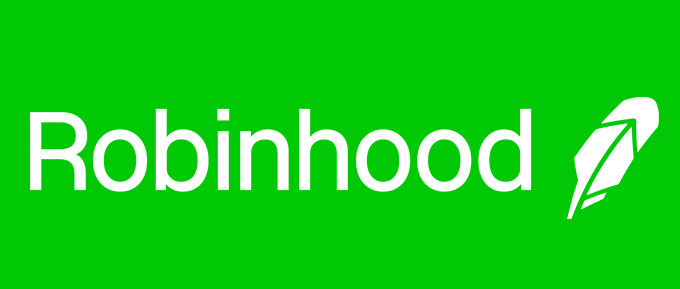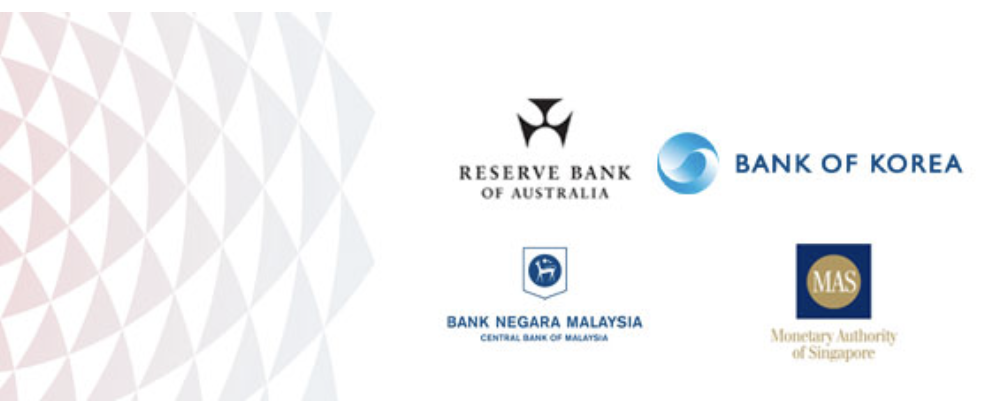
Project Mandala: Pioneering Cross-Border Payments Compliance
In the ever-evolving landscape of cross-border payments, the Bank for International Settlements (BIS), in collaboration with the central banks of Australia, Korea, Malaysia, and Singapore, has embarked on a groundbreaking endeavor known as Project Mandala. This ambitious initiative seeks to address the complex issue of jurisdiction-specific regulatory requirements, a significant obstacle that has hindered the seamless flow of cross-border transactions, particularly those involving central bank digital currencies (CBDCs), tokenized deposits, and cross-border borrowing.
At the heart of Project Mandala lies the creation of a unified compliance protocol for cross-border use cases. This protocol aims to automate a substantial portion of compliance procedures, including configurable foreign exchange rules and anti-money laundering (AML) measures. Furthermore, it will provide real-time monitoring of transactions, enhancing transparency and visibility into the policies of individual countries.
Inspired by Project Dunbar, which focused on the development of a multi-central bank digital currency (mCBDC) platform, Project Mandala is geared toward alleviating the compliance burden associated with cross-border transactions. Dunbar identified three critical challenges in cross-border CBDC transactions: access for foreign commercial banks, navigating diverse regulatory requirements, and establishing effective governance. To address these challenges, Project Mandala is exploring the embedding of compliance processes into smart contracts, which can handle a range of functions beyond basic payment and settlement, including sanction screening and exchange controls.
The potential impact of Project Mandala extends beyond CBDCs and tokenized deposits. It could become a foundational compliance layer for both established and emerging wholesale or retail payment systems. This forward-looking approach aligns perfectly with the Financial Stability Board’s 2023 priority actions, which aim to enhance cross-border payments by fostering an efficient legal, regulatory, and supervisory environment that ensures safety, security, and integrity.
The world of tokenized deposits is also undergoing significant transformation. The Bank of Korea, in collaboration with the BIS and other banks, is conducting a pilot to explore the feasibility of a wholesale CBDC for settling tokenized commercial bank deposits. This initiative seeks to leverage the programmability of such deposits, introducing new efficiencies into the financial ecosystem.
Furthermore, private sector giants like JPMorgan Chase are considering blockchain technology to create digital deposit tokens for rapid cross-border payments and settlements. UBS Asset Management has also launched a pilot program involving tokenized Variable Capital Company (VCC) funds, further demonstrating the widespread adoption of tokenization in the financial sector.
The convergence of these initiatives, both public and private, suggests a dynamic shift in the way we perceive and utilize tokenized deposits. Their interoperability with CBDCs could pose stiff competition for traditional stablecoins, potentially reshaping the future of digital finance.
In conclusion, Project Mandala and its counterparts are pioneering advancements in cross-border payments and digital finance compliance. These initiatives represent significant steps towards a more efficient, transparent, and secure global financial ecosystem, setting the stage for a transformative era in international transactions and regulatory compliance.

